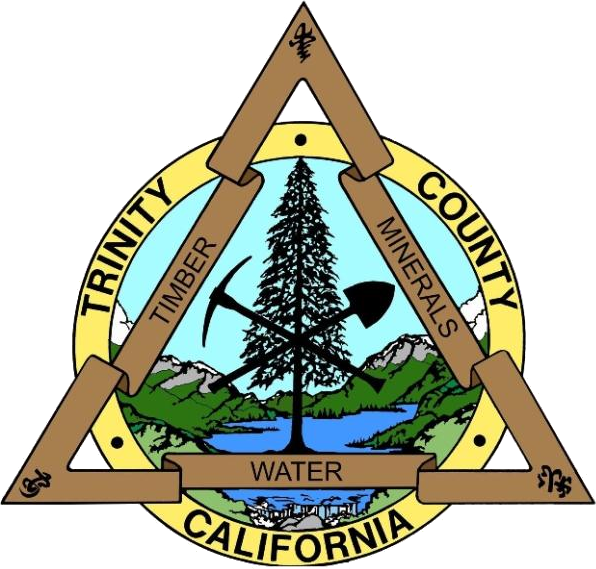The Public Guardian/Public Conservator is part of the Trinity County Health and Human Services Department's Adult Services unit. The Public Guardian/Conservator is tasked with providing conservatorship investigations, conservatorship services, and money management services for elderly and disabled adults.
Conservatorship is available to frail elderly and physically and mentally disabled adult residents who are unable to provide for their own basic needs for health, food, clothing, or shelter, and/or are unable to manage financial resources or resist fraud or undue influence. Public Guardian/Conservator staff coordinate the conservatee’s care, including the arrangement of placement and treatment, and management of finances under the jurisdiction of the Superior Court.
The Conservatorship Process
To establish a conservatorship, the Public Guardian/Conservator must conduct an investigation and document the reasons that a conservatorship is necessary. If the Public Guardian/Conservator determines that a conservatorship is necessary, staff must file a petition and prove the case in court.
If the proposed conservatee (the person to be conserved) wants to oppose the establishment of a conservatorship, he or she has the right to have legal counsel appointed and to have a trial by jury.
Types of Conservatorships
Probate Conservatorship
A probate conservatorship allows for a responsible person (called a conservator) to care for another adult who cannot care for him/herself or his/her finances (called a conservatee) due to organic brain disorders, brain trauma, or dementia. There are 2 kinds of conservators: A conservator of the person cares for and protects a person when the court decides that the conservatee can’t do it. A conservator of the estate handles the conservatee’s financial matters, such as paying bills and collecting a person's income when the court decides the conservatee can’t do it. Once a Probate Conservatorship is established, it will remain in effect until the conservatee proves to the court that the conservatorship is not necessary.
Limited Conservatorship
A limited conservatorship allows for a responsible person to care for another adult who has a developmental disability. Because developmentally disabled people can usually do many things on their own, the judge will only give the limited conservator power to do things the conservatee cannot do without help, such as deciding where the conservatee will live (but, NOT in a locked facility), look at the conservatee’s confidential records and papers, sign a contract for the conservatee, give or withhold consent for medical treatment, or manage the conservatee’s financial affairs.
LPS Conservatorship
A Lanternman-Petris-Short (LPS) conservatorship allows for involuntary detention and treatment of a person (the conservatee) who is gravely disabled due to a mental disorder. Gravely disabled means that, because of a mental disorder, the person cannot take care of his/her basic, personal needs for food, clothing, or shelter. LPS conservatorship proceedings must be initiated by the Public Conservator. A conservatorship referral is typically made by a psychiatrist or by county mental health. An LPS conservatorship lasts for one year.
The Court will not establish an LPS conservatorship unless it finds beyond a reasonable doubt that the mentally ill person is gravely disabled. If you or another adult can provide for the person’s basic needs, the court cannot find the person to be gravely disabled. This means that a conservatorship is not necessary.
Who Makes A Referral to the Public Guardian/Conservator?
Adult Protective Services (APS)
Family member
Neighbor
Health Care Provider
Law Enforcement
County Mental Health
Superior Court
Another interested person
Who Can File for A Conservatorship?
The person who wants to be a conservator can file for a Probate Conservatorship. Others can file too, like a spouse, a relative, a state or local government agency (such as the Public Guardian), or any other interested person or friend. Only the Public Guardian/Conservator can file for an LPS Conservatorship.
Who Can Be A Conservator?
Spouse
Adult child
Parent
Sibling
Any other person appointed by the court
Public Guardian/Conservator
To make a referral to the Public Guardian/Conservator, call 530-623-8209 during business hours, or make a report to Adult Protective Services.
Resources:
Conservatorships (Trinity County Superior Court)
Public Guardian Brochure (PDF)
Conservatorship (California Courts)
